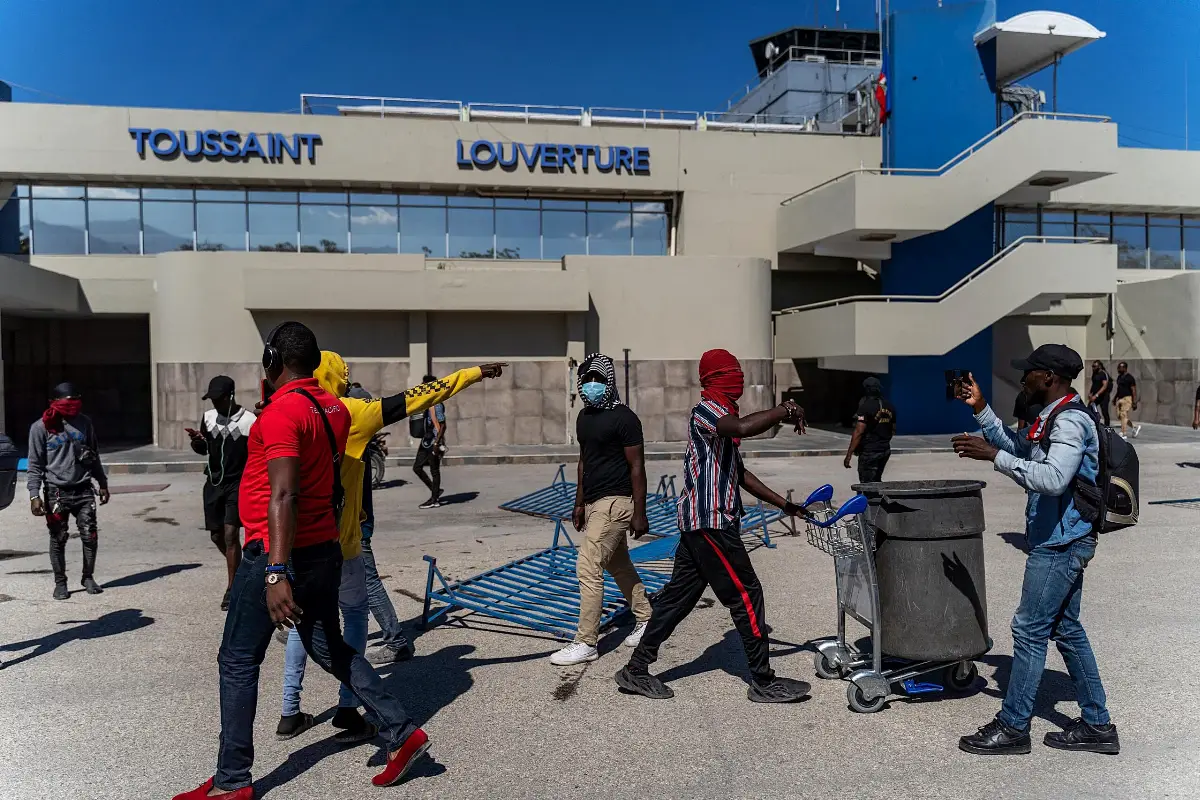
Aircraft and safety: FAA extends the flight ban on Haiti-Port-Au-Prince Airport
Light weapons and drones in the hands of gangs are a threat. Cap-Haïtien and Les Cayes remain operational

US civil aviation has extended the flight ban to Port-au-Prince International Airport, the capital of Haiti, due to the persistent deterioration of security in the country. The announcement was made on September 5 by the Federal Aviation Administration (FAA, the American authority that oversees civil aviation), which extended the restriction previously set to expire today, September 8, 2025, until March 7, 2026. The decision specifically concerns US civil aviation and applies to flights operating below 10,000 feet in Haitian airspace, where the risk of aerial attacks by armed groups is considered high.
The flight ban was initially imposed by the FAA in November 2024 following a series of incidents that saw American aircraft hit by gunfire while approaching Port-au-Prince’s Toussaint Louverture Airport. According to the Agency’s statement, the situation has not improved: Haitian criminal gangs, described by the agency as "foreign terrorist organizations", have extended their control over about 90% of the capital and surrounding areas, including the main corridors for air transport. These groups possess small arms and drones that pose a threat to aircraft during takeoff and landing phases. The FAA reported at least one new incident of gunfire against a low-flying aircraft that occurred in March 2025.
While flights to the capital therefore remain suspended, commercial air activity continues in other parts of the country, particularly at Cap-Haïtien Airport, located in northern Haiti. This airport currently serves as the main access point for international connections: several airlines operate routes there to regional and international destinations such as Miami (US) and Nassau (Bahamas). Les Cayes Airport, in the south, also maintains air service, albeit limited. The FAA clarified that no incidents involving airports and civil aviation have been reported in these areas, unlike what is occurring in Port-au-Prince.
Since the bloody gang war that broke out in 2020 and the assassination of President Jovenel Moïse in 2021, the country has not regained stability. Many US carriers had already suspended night flights to Port-au-Prince before the ban, but the Agency deemed a more drastic intervention necessary to ensure the safety of passengers and crews. Meanwhile, foreign governments, including the United States, continue to organize charter flights and evacuation missions for their citizens, which depart mainly from Cap-Haïtien, thus bypassing the chaos of the capital.
AVIONEWS - World Aeronautical Press Agency